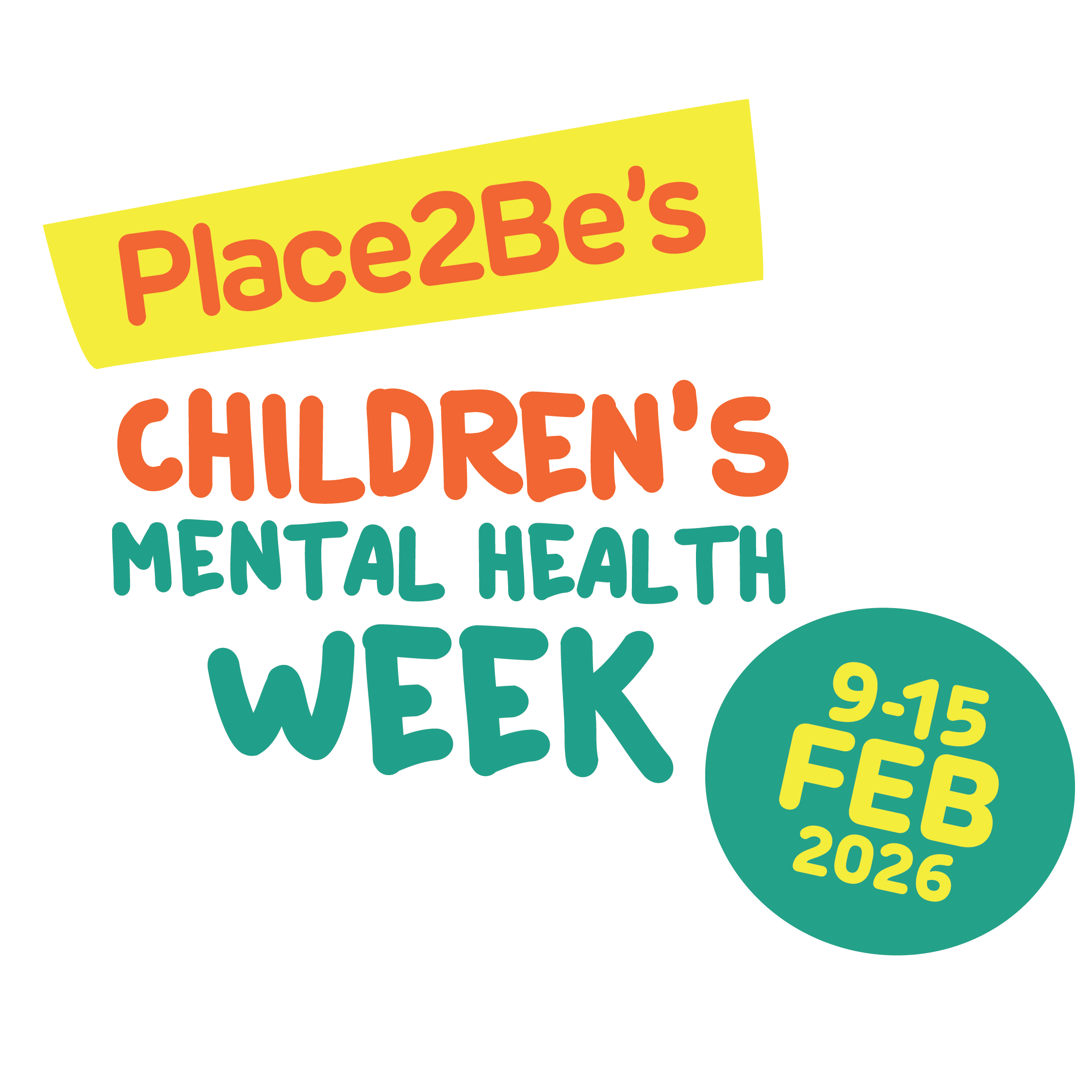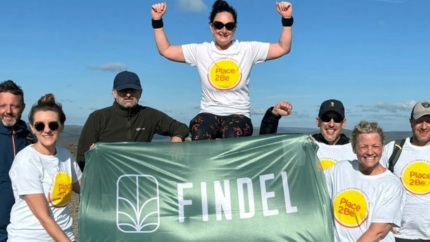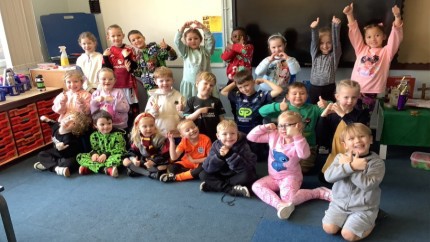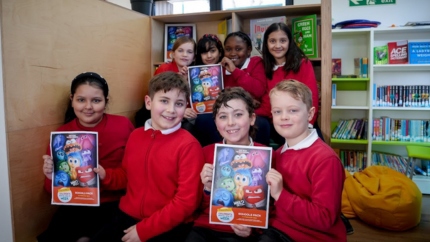My Voice Matters: young people on the internet, social media and mental health
Today is Safer Internet Day, coordinated by Childnet and the UK Safer Internet Centre. The day is the UK’s biggest online safety awareness day, and youth voice plays an integral part in the development of the day.
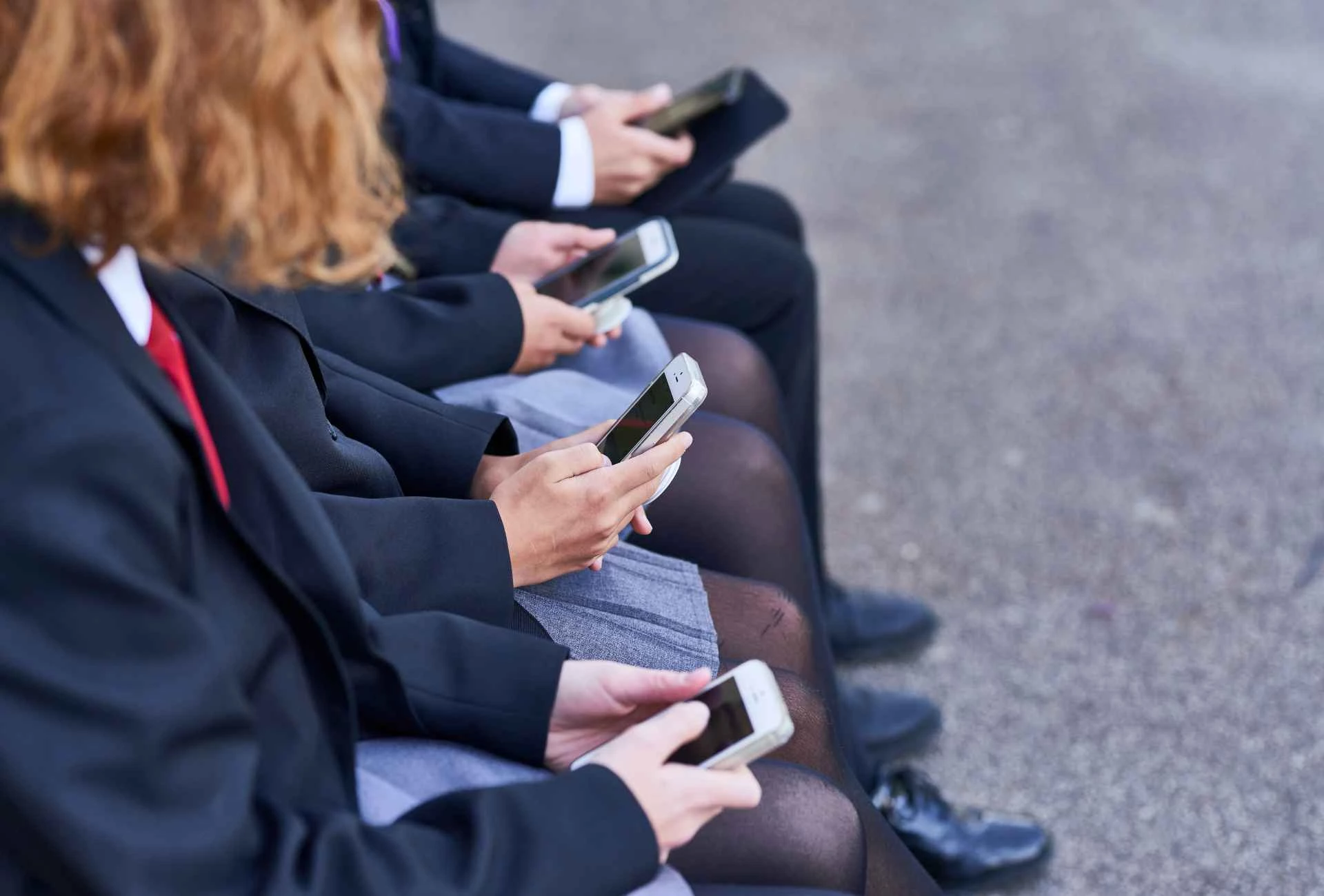
Social media and the online world can be a crucial source of information and connection with others, but are also increasingly referenced as a key cause of stress or worry for young people. In our YouGov survey of 8-16 year olds, 19% said they had worried about social media in the past 3 months.
But what do young people think about social media and mental health, and how would they make the online world a safer space for others? In this guest blog, members of Childnet’s Youth Advisory Board and some of their Digital Champions share their thoughts.
The pros and cons of social media and the internet
"Some of the pros are the opportunities to express yourself, and entertain, making somebody else happy. However, there can be lots more cons. Looking at other people's lives all day and reading about someone's perfect day can take a huge toll on how a person looks at themselves."
"Scrolling on social media releases miniscule amounts of dopamine, which acts like a drug, meaning we keep wanting more. This leads to doom-scrolling and later people regret spending so much time on their phones."
"A con is that you can make yourself vulnerable to bullying that is harder to trace because of pseudonyms."
Making the internet a safer place for young people
"It’s almost impossible to prevent unhealthy and harmful posts being released due to the free nature of social media. I think countering this with motivational, educational and relatable content would overpower the negativity, and cause the algorithm to become more mentally uplifting. This could be achieved by much more youth voice on platforms, and in collaboration with charities or organisations, advocating for and producing light-hearted content to filter out the unsafe posts."
"There are many ways to go about making social media a safer place. Obviously, it would be difficult to restrict younger people from any access to the world online, but stricter guidelines and more people working on end to moderate and inspect social media sites with presence of minors to keep it appropriate. One thing I have seen is that on social platforms, the power of removing posts is often misused in order to suppress advocative voices, and I believe it would be better to have more looking out for hurtful and detrimental behaviours toward young people."
Accessing mental health information and support online
"TikTok is quite useful to see if other people have had a similar experience to you, or just to find out advice."
"I would look mainly on Google or TikTok, if I am trying to figure out symptoms or tips that can improve your wellbeing and mental health."
"Since joining Mind Youth Voice Network, I have learnt a lot more about mental health and have taken part in open discussions and focus groups surrounding mental health and young people that I wouldn’t usually or have been able to do if it wasn’t for them."
"Many young people look to the internet and social media for advice and support with their mental health, but acknowledge that when not used carefully it can have a detrimental effect on their wellbeing. As adults, we need to find ways to make these platforms a safer, less harmful place – but we need to make these decisions with young people, not for them."
